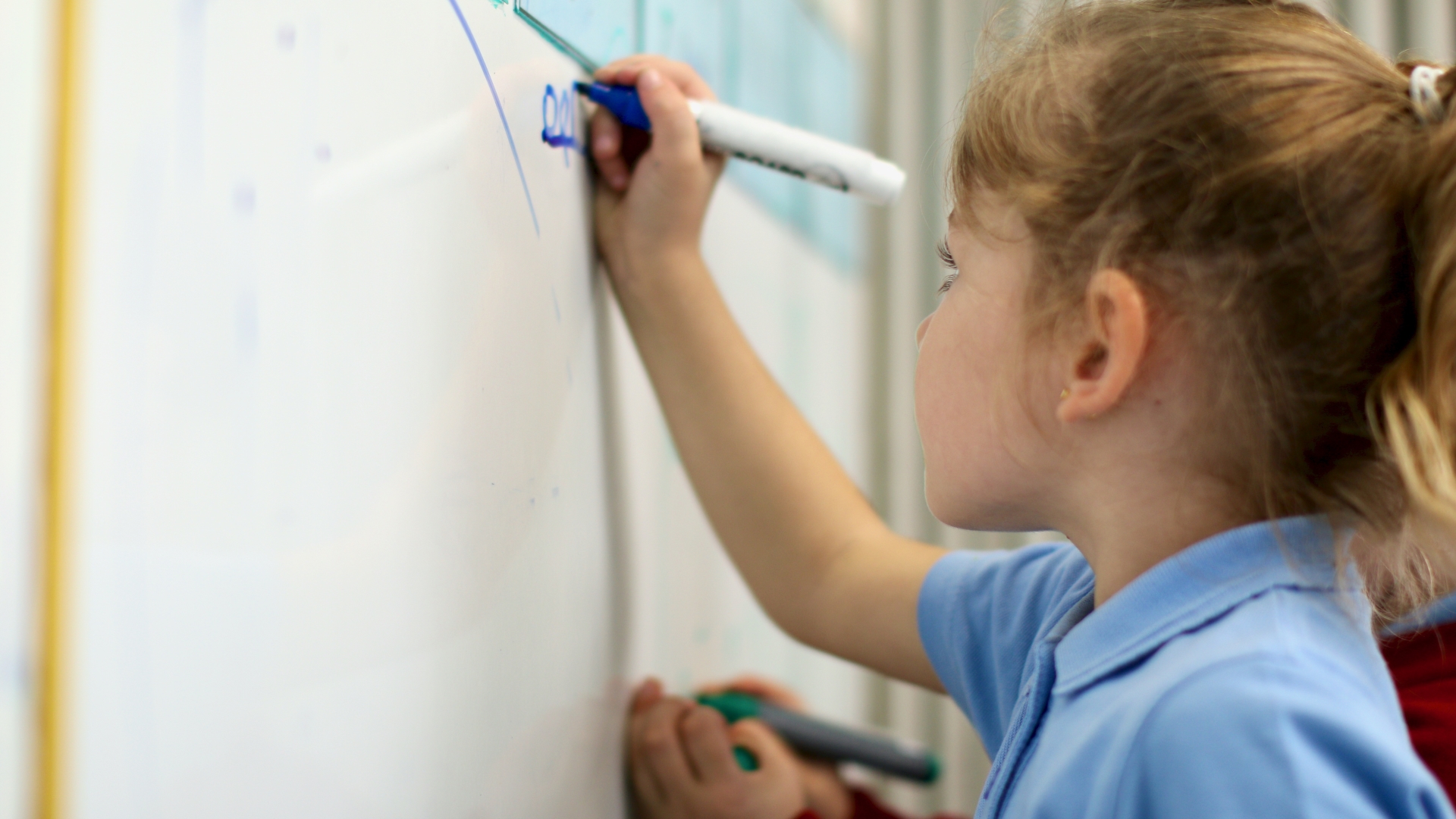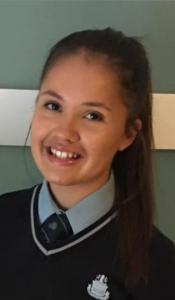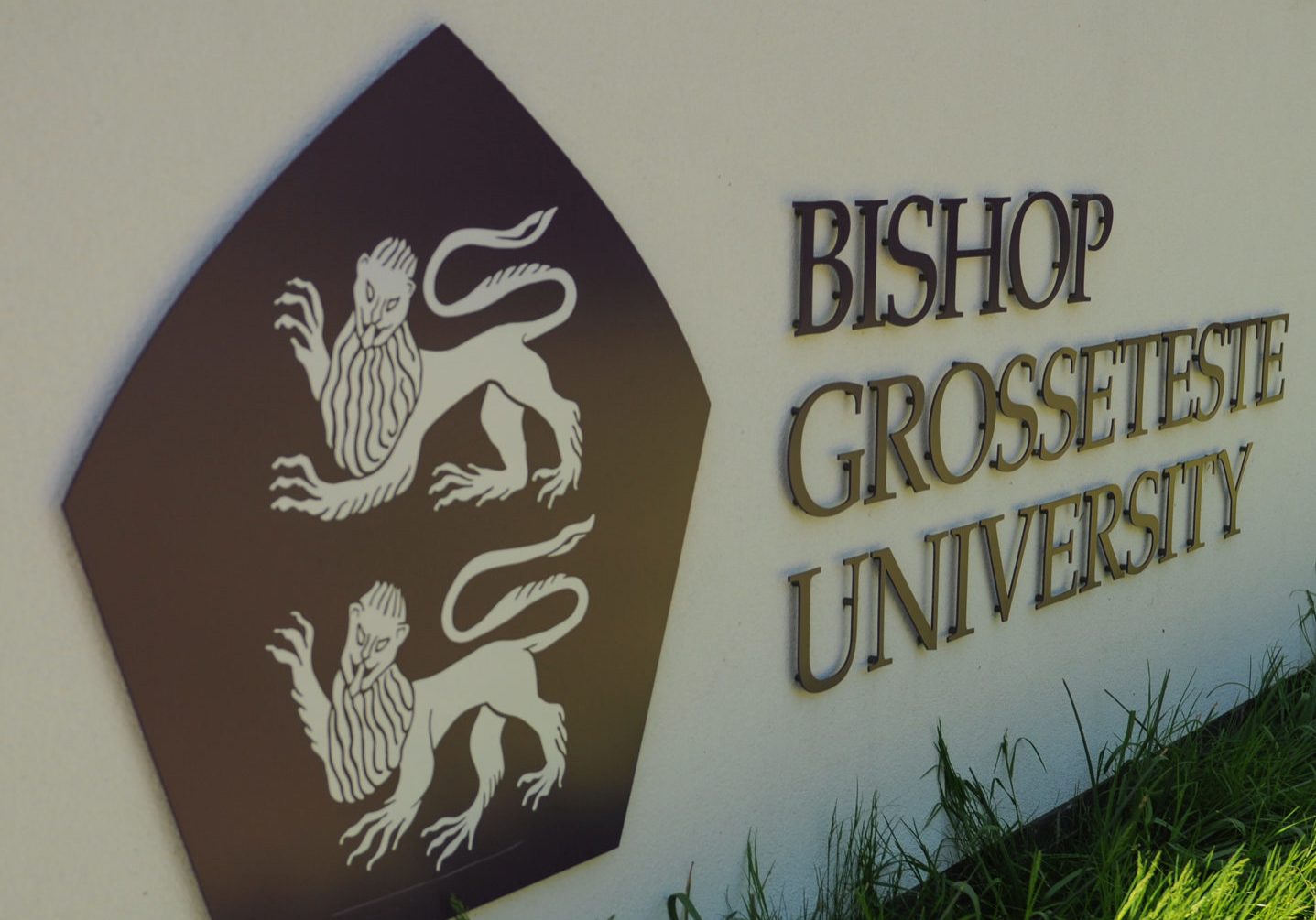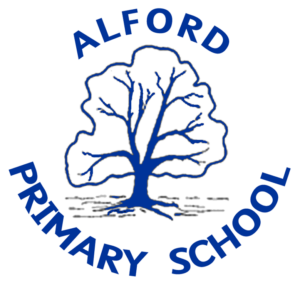Vision Statement
Here at Alford Primary School, we encourage children to have a ‘Mastery’ approach to mathematics, by being resilient, co-operative, creative, and most importantly, by having a positive attitude to making mistakes and being determined to seeking solutions. We encourage all children to develop their own mathematical understanding through arithmetical proficiency, reasoning and problem-solving skills. We strive for our pupils to be confident mathematicians who understand the relevance of the subject in their everyday lives.
Power Maths
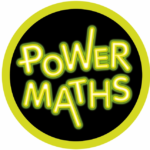
We use Pearson’s Power Maths scheme for teaching maths from EYFS to Year 6 which follows the mastery approach to learning. At the heart of Power Maths, is the belief that all children can achieve. It has a clearly structured teaching and learning process that ensures every child masters each maths concept securely and deeply. For each year group, the curriculum is broken down into core concepts, taught in units. A unit divides into smaller learning steps – lessons. Step by step, strong foundations of cumulative knowledge and understanding are built.
EYFS
Mathematics in the early years provides children with a solid foundation that will enable them to develop key skills as they progress through their schooling, and ensures children are ready for the National Curriculum. Our aim is to create fluent Maths Masters, who will have the confidence to tackle maths problems and explain their reasoning. The emphasis is on a multi-sensory approach where children can physically learn and touch objects in their maths play.
In EYFS we use CBeebies’ Numberblocks, which is a series of programmes written by Mathematicians that tie together the six key areas of early mathematics learning. The snappy animation and loveable characters combine with engaging storylines, to gently introduce concepts of number that support mathematical understanding.
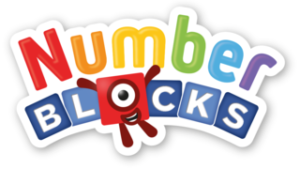
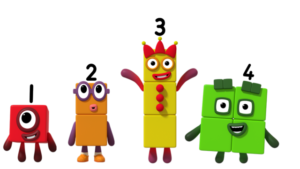
Calculation Policies
Our calculation policies show progression in calculation (addition, subtraction, multiplication and division) and how this works in line with the National Curriculum. Each policy shows how the consistent use of the CPA (concrete, pictorial, abstract) approach helps children develop mastery in both written and mental methods across all the operations in an efficient and reliable way.

